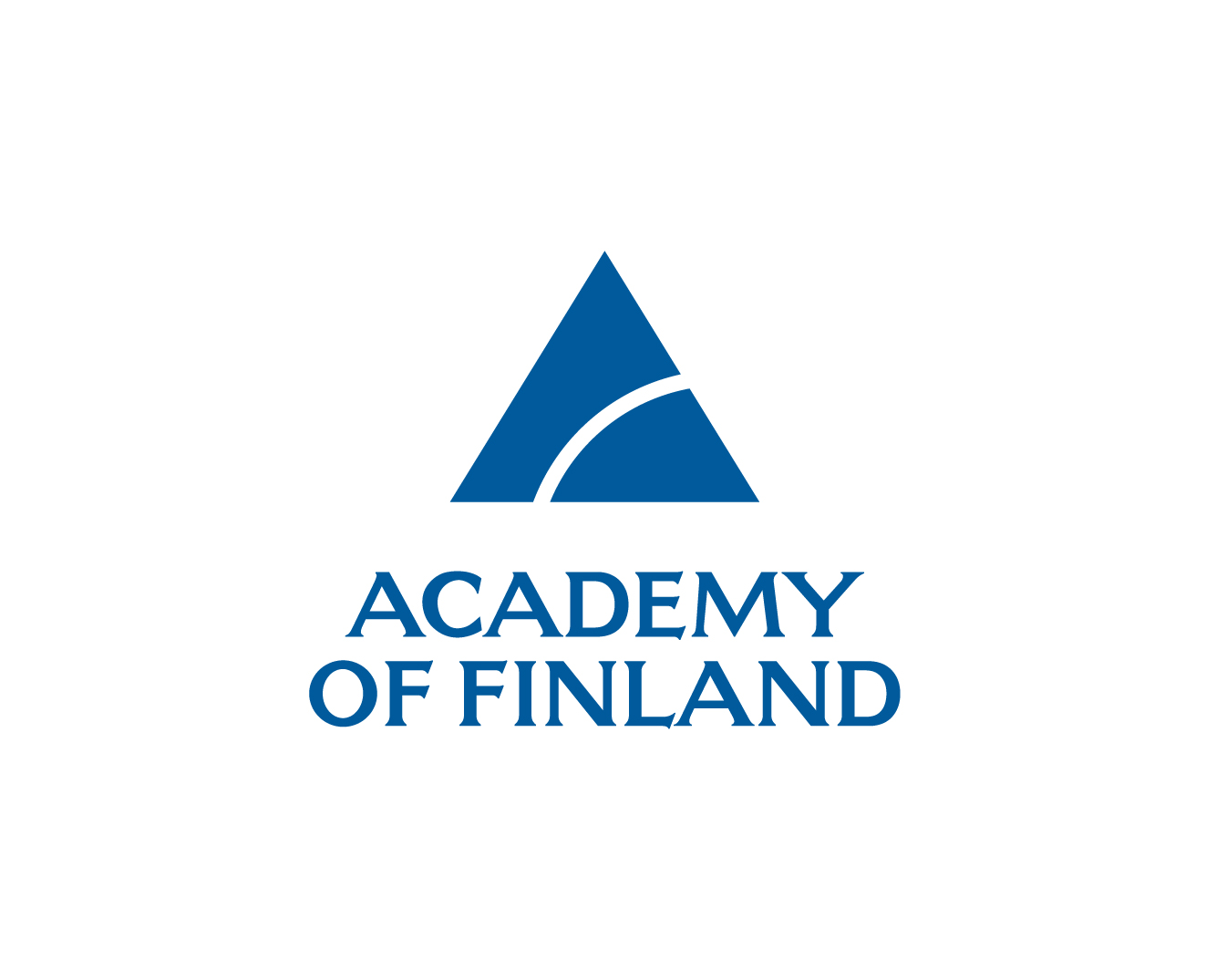An interdisciplinary conference organized by Mind and the Other Research Project
Helsinki, Finland (The House of Science and Letters)
September 20-22, 2016
Keynote speakers:
Professor Tanya Luhrmann, University of Stanford
Professor Simo Knuuttila, University of Helsinki
Assistant professor Diana Espirito Santo, The Pontifical Catholic University of Chile
Uncanny experiences, the search for the inexplicable, or the belief in supernatural beings or universal energies trigger disputes about at least ontology, rationality, sanity, and the limits of the mind. Modern Western society is for the most part characterized by principles such as rationality and efficiency. Quoting Max Weber, these ideas comprise the leading forces of modern society and science. However, what several scholars in religious studies currently call post-secularism has given rise to new spiritual tendencies and movements in society. These post-secular tendencies have brought about something that several authors term ‘re-enchantment’: new spirituality and uncanny experiences are perhaps more than ever a part of Western everyday life. Some scholars define the situation as a crisis of rationality, whereas others again accentuate the recurrent nature of historical phenomena, pointing to recurring waves of thought stretching from the Ancient past to the present. Still others claim that in practice the rational and the uncanny are intertwined in a new mode. In historical and ethnographic explorations the uncanny can be understood, not as a boundary between rational and its “outside”, but as an element of connection and compromise between them practiced by ordinary people and practices of institutions, such as modern medicine and science.
Promising discussions are put forward along the ontological approach, based on the actor-network studies. Nonetheless, at least in the Finnish society, supernatural or uncanny experiences are still generally considered abnormal or at least something to hide or to feel ashamed of. People with uncanny experiences are prone to be categorized as deviant and to become heavily stigmatized.
In this conference we argue that the boundary between normal and pathological is socially and culturally made, and several social institutions such as science, medicine and religion play remarkable roles in this making. We ask if the very notion of the human mind, as it is defined in the current scientific discussions, is too narrow to capture phenomena and experiences which are important to people.
We invite papers, which discuss the broad problem area of the uncanny. Topics for papers may include but are not limited to:
• Cross-cultural approaches to the study of human mind
• Problems and new approaches to “evidence”
• The cultural construction of normality and abnormality
• The questions about “reality” and belief
• The crisis of rationalism and the changing relationship between rationality and magic
• Historical approaches to the irrational in science and philosophy
• Science and technology approaches to alterity
• Discussions of front line research – e.g. hearing voices, spirit writing
• Contesting discourses and narratives of reality and ontology
• Challenging the boundaries between life and death
Workshops
There are five listed conference workshops where participants are welcome to submit their paper abstracts directly. Please see the listed workshops here.
In case you don’t find a suitable workshop for your paper, you may also send your abstract to conference organizers ([email protected]). Your paper will then be assigned to a workshop created by the organizers. This applies also to those papers that don’t fit into the listed workshops.
Deadline for paper abstracts (max 400 words): March 15, 2016
Notification of acceptance of paper abstracts: April 15, 2016
Specifications for paper abstract format:
Abstracts may be in word or RTF format and should contain the following information and in this order
1. Author(s) (in bold)
2. Affiliation as you would like it to appear in the conference programme
3. Email address
4. Abstract title (in bold)
5. Abstract text
6. Up to 10 key words
All papers accepted for and presented at the conference must be in English.
More info: [email protected], project coordinator Ella Vihervuori ([email protected]) and Marja-Liisa Honkasalo, the person in charge of the project ([email protected]).
For further information about the conference, please see also the conference page.
Organizer: Research Project “Mind and the Other”, University of Turku (funded by the Academy of Finland)



